The world’s largest coffee chain is brewing another creation – an NFT-based rewards program based on the popular Polygon scaling solution.
According to the coffee giant, the ‘Starbucks Odyssey’ program lets customers and employees across the United States earn limited-edition NFT stamps as rewards.
The endeavor extends the company’s current Starbucks Rewards program. It allows people to also collect NFTs after completing challenges and playing games in the Starbucks app.
Uniquely, stamps are also for sale. Interested parties can purchase these stamps with a credit card, meaning non-crypto holders can dive into the NFT world. The accompanying Starbucks Odyssey web app will also host a secondary marketplace for stamp holders to buy, sell and trade.
CMO Brady Brewer explained to TechCrunch earlier in September how the coffee company has been looking into blockchain for a couple of years. In the past six months, the Odyssey project became a focus.
Brewer claims that Starbucks leadership intentionally harnessed cutting-edge tech to enhance business operations and not just invest in blockchain and Web3 as a “stunt” side project.
Learn More About The Odyessy Program Below
Starbucks’ NFT Loyalty Program; Unique Rewards With The Power Of Web3
It’s unclear how many stamp NFTs will be available once the Odyssey program launches. Starbucks hasn’t released the cost of each NFT, but they will be organized around a rarity-based points value model.
Starbucks has also revealed that the NFT rewards program will offer additional perks and benefits beyond previous offers. For example, ‘lower-end’ rewards could include access to a digital espresso martini-making class. In addition, those with more points can earn a trip to the Starbucks Hacienda Alsacia coffee farm in Costa Rica.
Why Polygon? Starbucks revealed they settled on the well-known Ethereum scaling solution due to its Proof-of-Stake (PoS) consensus mechanism. It is well-known that this option is much more energy-efficient than PoW chains.
Ethereum finally concluded its long-awaited ‘Merge’ to PoS on September 15th. Experts now predict the blockchain will now consume nearly 99.99% less energy.
Polygon remains one of the blockchain world’s most popular chains due to its ease of use and high throughput. Well-known dApps like Aave and Curve Finance rely on Polygon, and summer reports consistently point towards increased network growth and development even amid a bitter crypto winter in 2022.
Some claim Polygon is a so-called “Ethereum” killer. Still, others explain that the blockchain’s popularity is due to its design as an Ethereum enhancer and a tool that effectively promotes blockchain interoperability.
Are NFTs The Future Tool Of Choice For Brand Loyalty Experts?
While Starbucks’ move into the NFT world might seem novel, it’s not necessarily a new idea to bring Web3 technology to build brand loyalty.
Many well-known companies have been exploring NFTs to enhance the customer experience due to their unique nature, dynamic appeal, and massive potential as a tool to cultivate a community of tech-minded customers who remain loyal to a brand.
Others are also exploring opportunities to use NFTs as digital ‘cookies’ to help collect customer information to enhance target advertising campaigns.
In the eyes of Hang CEO Matt Smolin, leveraging NFTs as a brand loyalty tool solves a critical issue for many companies – attempting to offset growing customer acquisition costs.
He argues that companies should focus on harnessing loyalty and boosting the ‘lifetime value of their user base with NFTs to “to incentivize their users to not only rank up to a new level in their program, but actually appreciate the value of the asset that they own and can later be resold on [NFT] marketplaces.”
Time will tell how popular Starbucks’ NFT Loyalty program will be with customers. The endeavor could pose a good case study for other brands as they dive into the metaverse and use blockchain to glean customer insights effectively.


